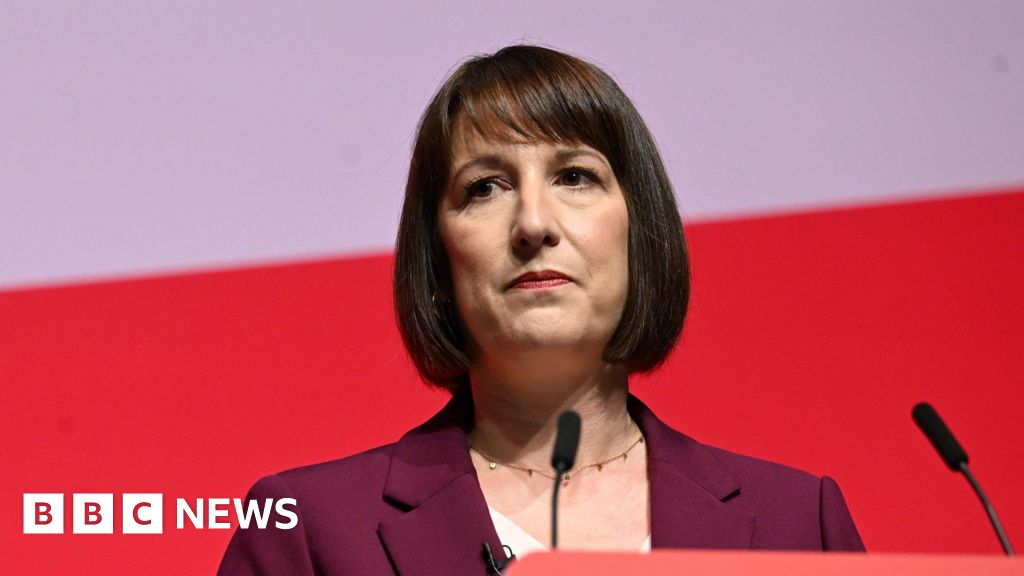Bussiness
The Budget: Five questions for Scotland answered

One Budget casualty already confirmed is a rise in England’s flat fare on most bus routes, from £2 to £3.
In Scotland, subsidy is paid to bus companies to provide free travel for those aged up to 21 and from 60 onwards.
The reduction in subsidy to bus operators will feed through the funding formula for the block grant from the Treasury to Holyrood.
If there are changes to budgets for Whitehall departments for which powers are devolved – such as transport, justice, health and education – Scotland gets a fixed share of those changes.
There could be changes to benefits affecting those who are unable to work due to long-term illness. Labour has inherited from Conservatives a concern that such benefit claims have been rising at an unsustainable rate.
Such changes in Universal Credit and statutory sick pay would apply throughout the UK, while the Scottish government has devolved power over disability benefit. That could be used to mitigate the impact of Westminster changes – at a cost.
There is confirmation already of more for building schools and council housing in England, and prisons are likely to get more, while the NHS is expected to get an increase in funding.
Such increases in budget would feed through to Holyrood’s block grant, and MSPs are free to decide where they are allocated.
Uplifts in budgets are expected to be mainly for capital spending – for buildings, infrastructure and government investment in key industries. That’s because Rachel Reeves is changing the rules that constrain her, to allow more borrowing for investment.
However, she also adopted a rule that day-to-day spending budgets, to run public services, must come from tax and not borrowing. That is where more of the pain will be felt in this budget.
And while it may be tempting, Holyrood cannot simply transfer the Treasury’s capital budget allocation into the day-to-day budget.
It could, however, get the private sector to build roads, for instance, and lease them back on behalf of the public, using the day-to-day budget.










